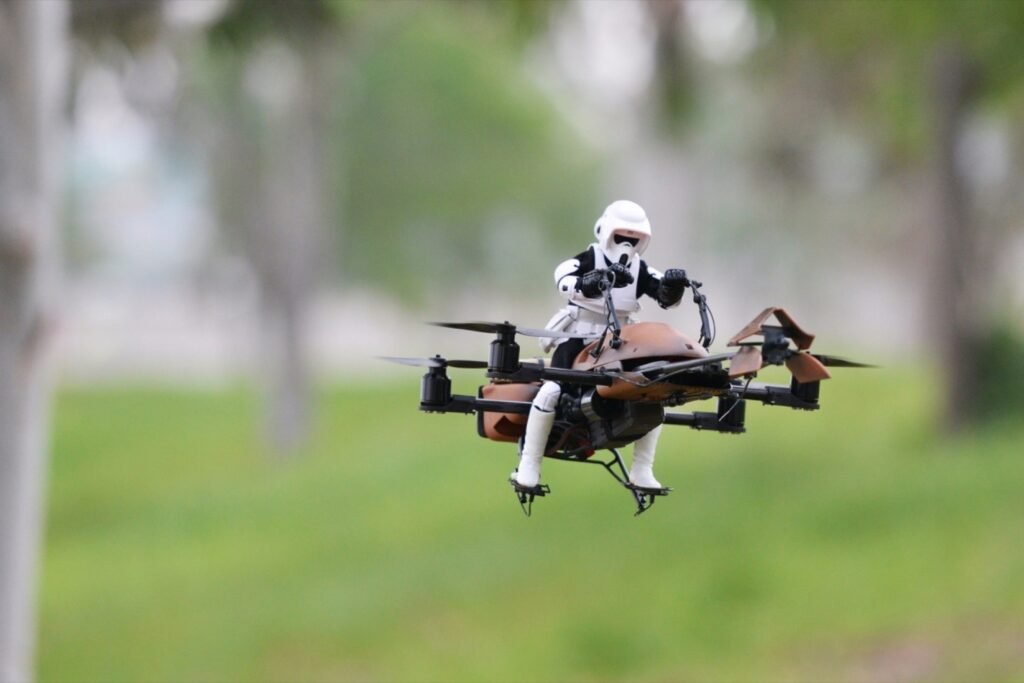
Not Star Wars, but we might see the Drone Wars.
The Future of Warfare: Drone Wars
In recent years, the use of drones has become increasingly prevalent in various fields, from photography and videography to delivery services. However, it seems that the next frontier for these unmanned aerial vehicles may be in the realm of warfare. With the rapid advancements in drone technology, military forces around the world are starting to explore the potential of using drones for combat purposes.
While most people associate drones with aerial surveillance and reconnaissance, they are now being equipped with sophisticated weaponry, transforming them into lethal weapons of war. This new era of unmanned aerial combat has led many to speculate about the possibility of Drone Wars.
The Advantages of Drone Warfare
One of the main advantages of using drones in warfare is the reduced risk to human personnel. By employing unmanned aerial vehicles, military forces can carry out missions in dangerous areas without putting their own troops in harm’s way. This not only minimizes the loss of human life but also reduces the likelihood of casualties and injuries.
Furthermore, drones offer enhanced precision and accuracy compared to traditional manned aircraft. With advanced targeting systems and onboard sensors, these unmanned vehicles can accurately hit their intended targets with minimal collateral damage. This precision also allows for more effective and efficient strikes, reducing the need for prolonged engagements and minimizing civilian casualties.
The Challenges of Drone Warfare
While the use of drones in warfare presents numerous advantages, it also comes with its fair share of challenges. One of the main concerns is the potential for misuse and the ethical implications of autonomous drones. As technology continues to advance, there is a growing fear that drones could be programmed to make decisions independently, potentially leading to unintended consequences and civilian casualties.
Another challenge is the vulnerability of drones to cyberattacks. As these unmanned vehicles rely heavily on complex software and communication systems, they are susceptible to hacking and interference. A successful cyberattack on a fleet of drones could have devastating consequences, potentially compromising military operations and national security.
The Future of Drone Wars
As drone technology continues to evolve, it is inevitable that we will see an increase in the use of unmanned aerial vehicles in warfare. However, the future of Drone Wars is still uncertain. It is essential for governments and international organizations to establish clear guidelines and regulations to ensure the responsible and ethical use of drones in combat.
Conclusion
The rise of Drone Wars presents both opportunities and challenges. While drones offer numerous advantages in terms of reduced risk to human personnel and enhanced precision, there are also concerns about the misuse and vulnerability of these unmanned vehicles. As we navigate this new era of warfare, it is crucial to strike a balance between leveraging the benefits of drone technology and addressing the ethical and security implications it poses.
Have a query? Contact Us
